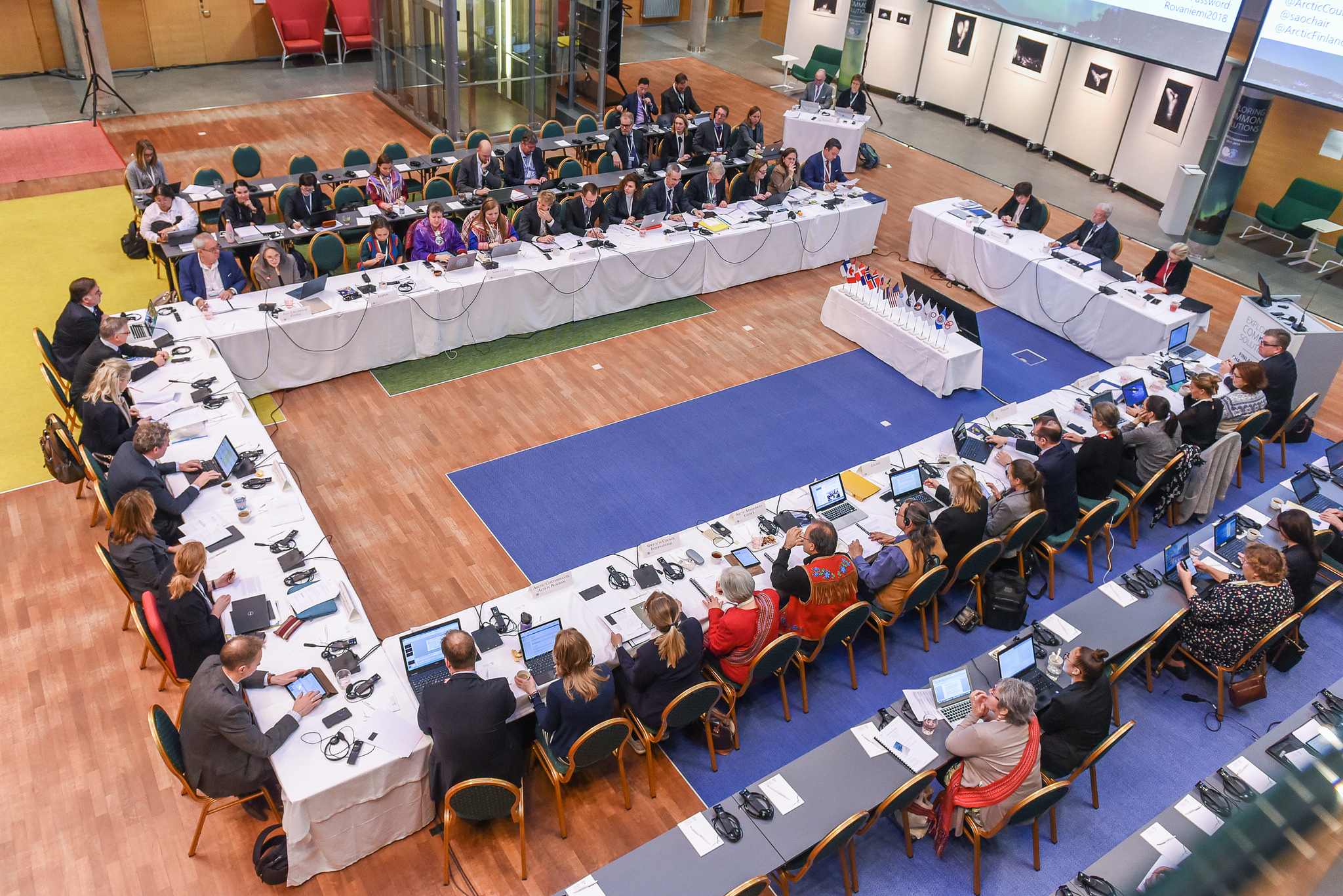Arctic Council to hold ministerial meeting in Rovaniemi, Finland next week
Finland's two-year chairmanship of the international body ends and Iceland's will begin.

The Arctic Council returns next week to the place where, in June 1991, its seeds were planted: Rovaniemi, Finland.
On May 7, cabinet-level representatives from the council’s eight Arctic member states, along with delegations from its six Indigenous permanent participant organizations plus the chairpersons of the council’s six working groups will gather in Rovaniemi.
There, they’ll mark the end of Finland’s low-key two-year chairing of the council, which focused on sustainable development and climate change, under the theme “exploring common solutions.”
In doing so, they’ll also return to some of the circumpolar environmental issues that led to the Arctic Council’s creation.
It was in June of 1991 that the eight nations who eventually formed the Arctic Council — Canada, Denmark (Greenland), Finland, Iceland, Norway, Sweden, the Soviet Union (now Russia) and the United States — met in Rovaniemi to sign the Arctic Environmental Protection Strategy.
“During their two-year term, the Finns placed a special emphasis on conserving biodiversity, preventing pollution, as well as on measures to mitigate and adapt to climate change,” an Arctic Council document says.
The event will see no binding agreements, but Finnish officials say they’ve come up with a long list of “deliverables.”
That includes research and planning on some increasingly worrisome environmental issues:
• A desktop study on marine litter, including microplastics, as a step towards a regional action plan on reducing marine litter.
• More research, done through the Arctic Monitoring and Assessment Program, on the biological effects of contaminants on Arctic fish and wildlife, and more work on ocean acidification.
• An update on work aimed at monitoring Arctic climate change.
In addition, the Finnish chairmanship led work on:
• Policies for creating high-quality, culturally relevant teacher education for the North.
• A report on connectivity in the Arctic, done with the Arctic Economic Council and the telecommunications industry.
• Closer collaboration with the World Meteorological Organization to improve weather forecasting.
• More work on helping communities understand how to respond to marine oil spills in the Arctic.
Aleksi Härkönen, the Finnish diplomat who chaired the senior Arctic officials group, which co-ordinates much of the Arctic Council’s work, said Finland also focused on finding “common solutions” with non-Arctic players.
“While we see pronounced effects of climate change in the Arctic, their causes are often linked to activities taking place outside the region,” Härkönen said.
“It was therefore our ambition to explore common solutions spanning beyond the high latitudes and to integrate Arctic issues in global frameworks,” he said.
The event also marks the beginning of Iceland’s chairmanship, which will run until 2021.